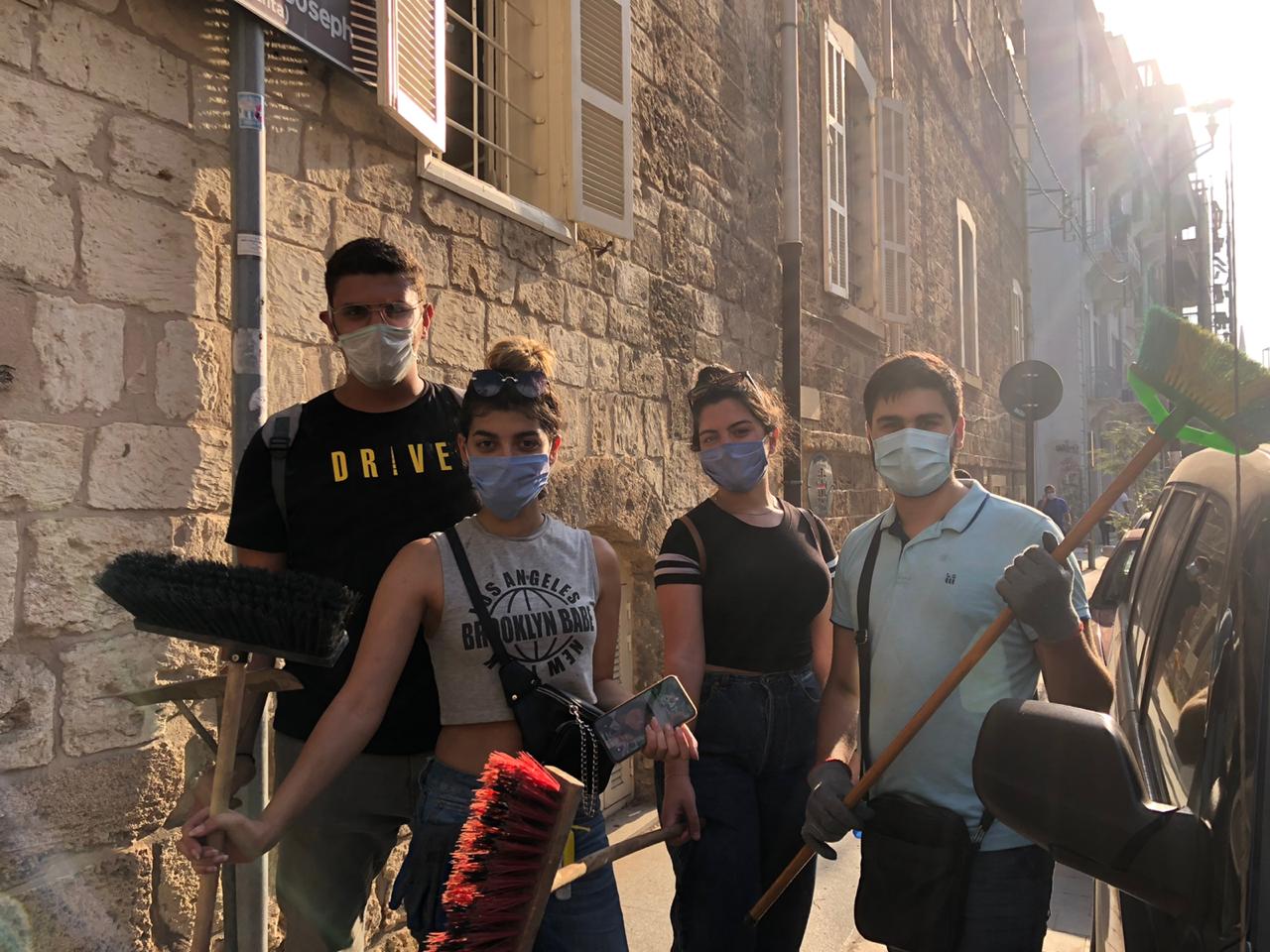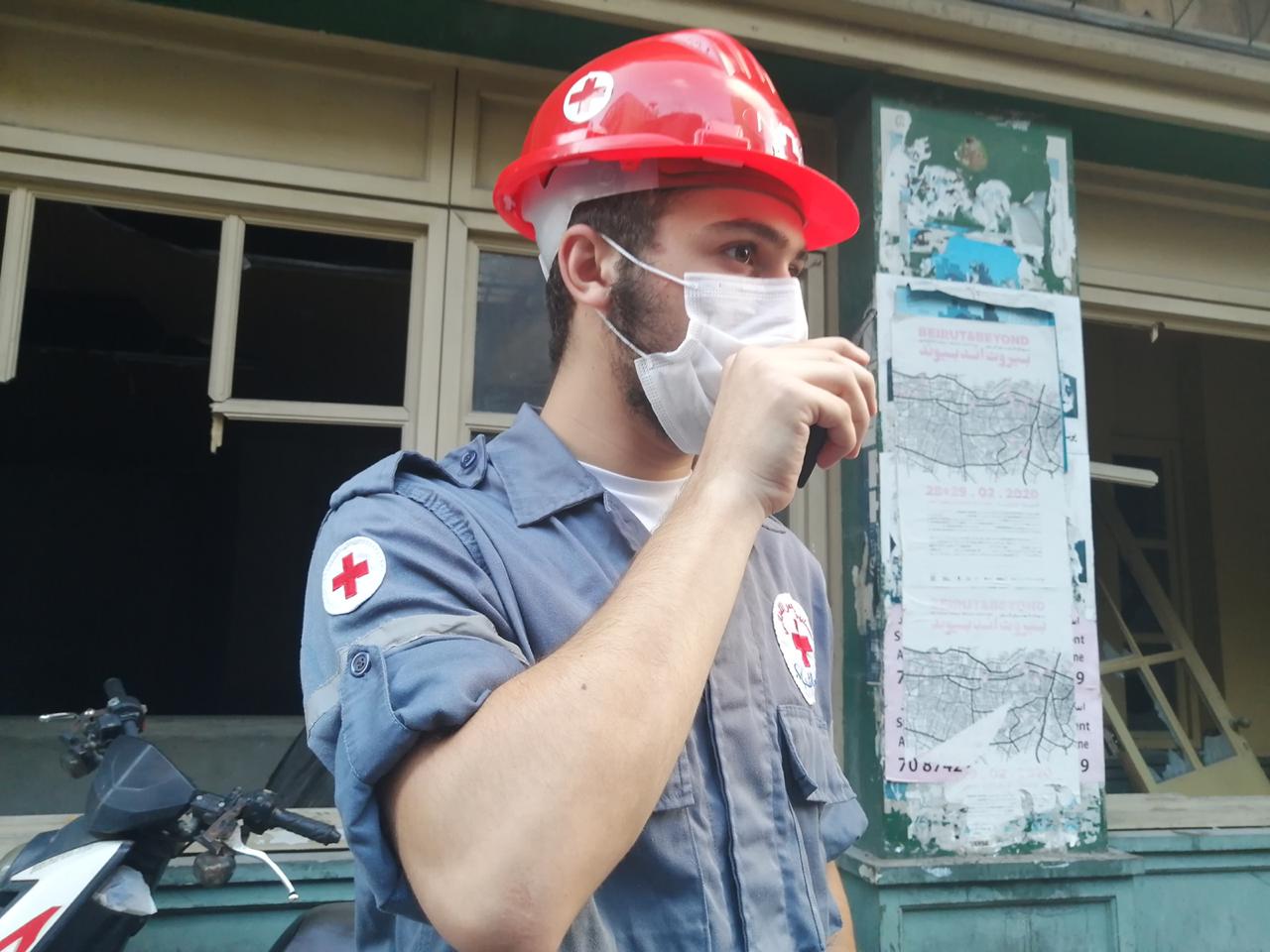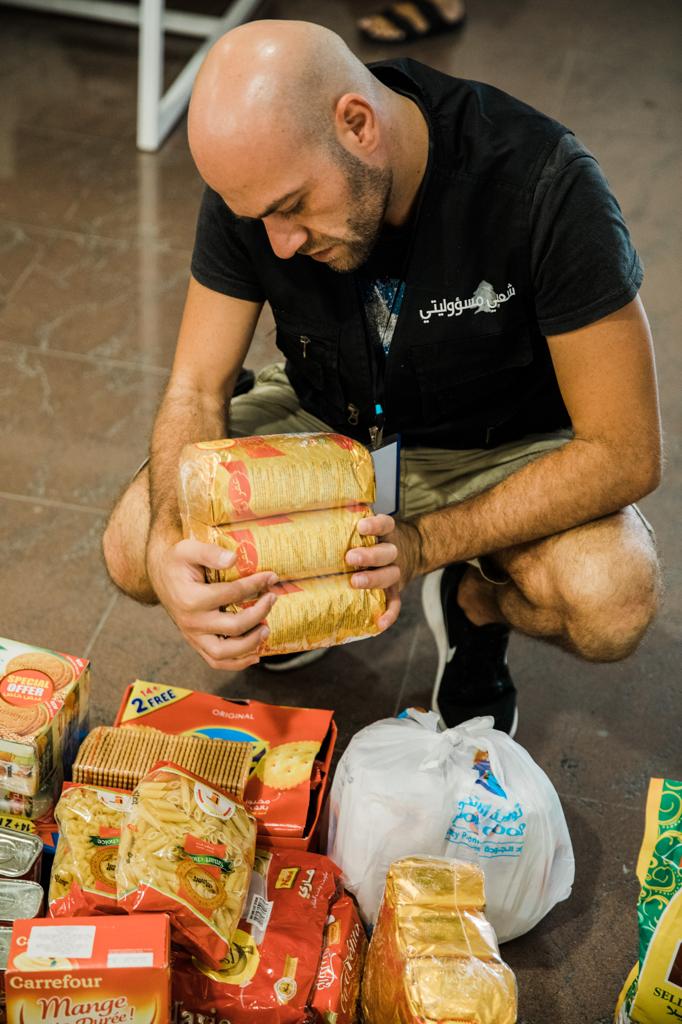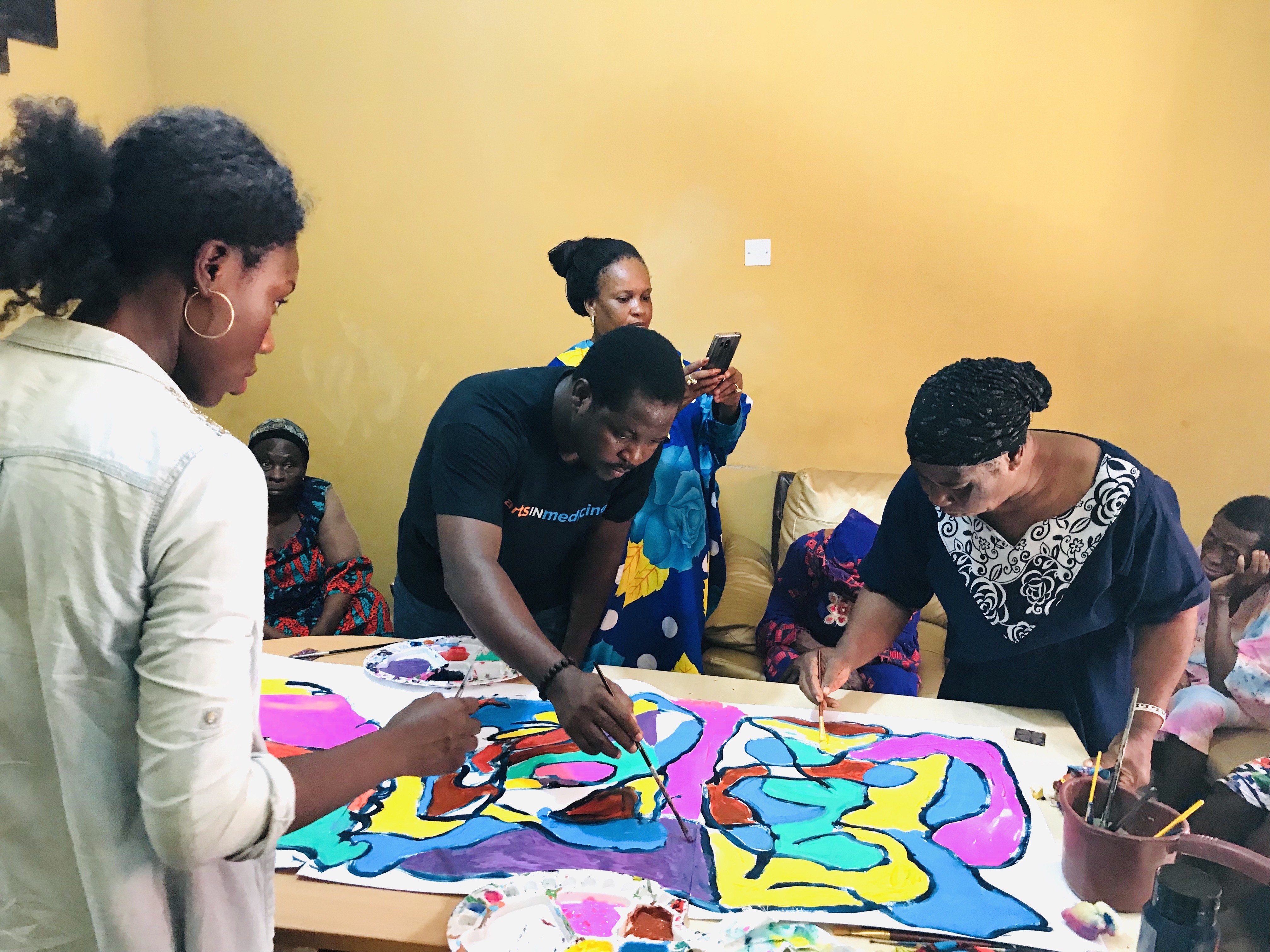With facemasks now a customary part of our daily lives, Fulbright Foreign Student alumnus Cosmas Mwikirize saw the need for a more sustainable solution to protective equipment and came up with a couple of solutions.
A 2013-14 doctoral student from Uganda who graduated from Rutgers University, Mwikirie was awarded a $16,000 grant by the Government of Uganda-funded Makerere University Research & Innovation Fund to support his entrepreneurial efforts in response to the pandemic. Through these funds, Mwikirize has finalized designs for two innovative disinfectant options: a N-95 disinfectant to facilitate safe mask reuse and a walk-through disinfectant for thorough body surface decontamination. The disinfectant device targets decontamination of both medical-grade (N-95) respirators and cloth masks for public use.Mwikirie credits his exchange experience. “My Fulbright experience at Rutgers was a lifetime opportunity, which empowered me professionally and socially,” Mwikirize said, adding: “I am now in a position to contribute to low-cost local technology development targeting the health sector in Africa, especially in the arena of biomedical instrumentation and imaging, for disease prevention, diagnosis and therapeutic interventions.”
Testing is now underway to evaluate Mwikirie’s device for maintenance of mask integrity and germicidal efficacy against the coronavirus, in collaboration with the Uganda Virus Research Institute and the National Institute for Occupational Health in South Africa. If his device is proven effective, Mwikirie says the grant he received will also help provide for the manufacture of five mask units to be installed at Makerere University.
Bonne chance, Cosmas!


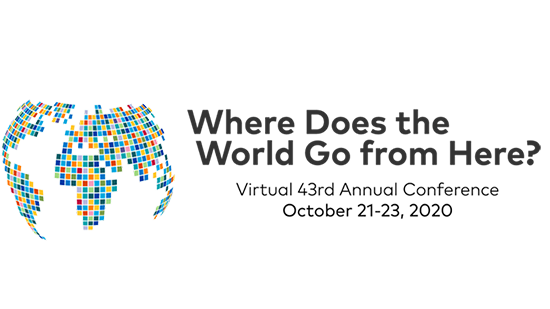
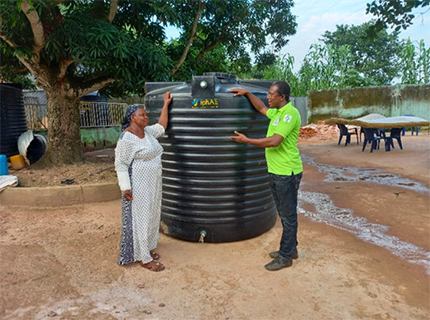



 Chamique Holdsclaw
Chamique Holdsclaw Kevin Love is an NBA champion, Olympic gold medalist professional basketball player and mental health advocate. At the University of California Los Angeles (UCLA), he led his team to the NCAA’s Final Four and was inducted into their Athletic Hall of Fame in 2020. Since being drafted to the NBA in 2008, Kevin Love has been named an All Star five times, and was an NBA champion with the Cleveland Cavaliers in 2016.
Kevin Love is an NBA champion, Olympic gold medalist professional basketball player and mental health advocate. At the University of California Los Angeles (UCLA), he led his team to the NCAA’s Final Four and was inducted into their Athletic Hall of Fame in 2020. Since being drafted to the NBA in 2008, Kevin Love has been named an All Star five times, and was an NBA champion with the Cleveland Cavaliers in 2016.
